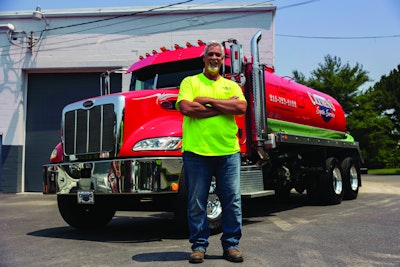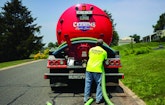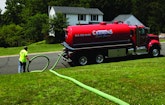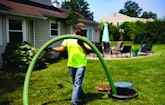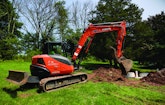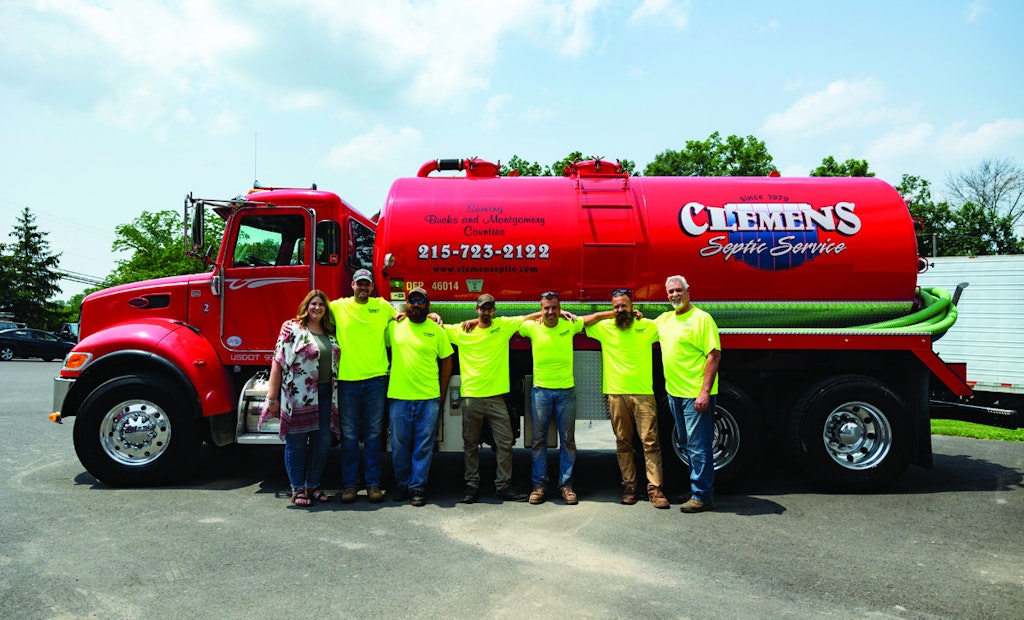
The team at Clemens Septic Services includes, from left, Adrienne Brown, Alexander Woelkers, Casey Brown, Matt Smith, Eric Leber, Eric Landis and Dwight Woelkers. They are shown with a Peterbilt truck built out by Pik Rite and carrying a National Vacuum Equipment pump.
It’s tough these days to find and keep young people willing to work in the seemingly unglamorous septic industry. But Dwight Woelkers has done just that with a formula that includes not only good pay and benefits, but an approach to management that is kind, helpful and...
